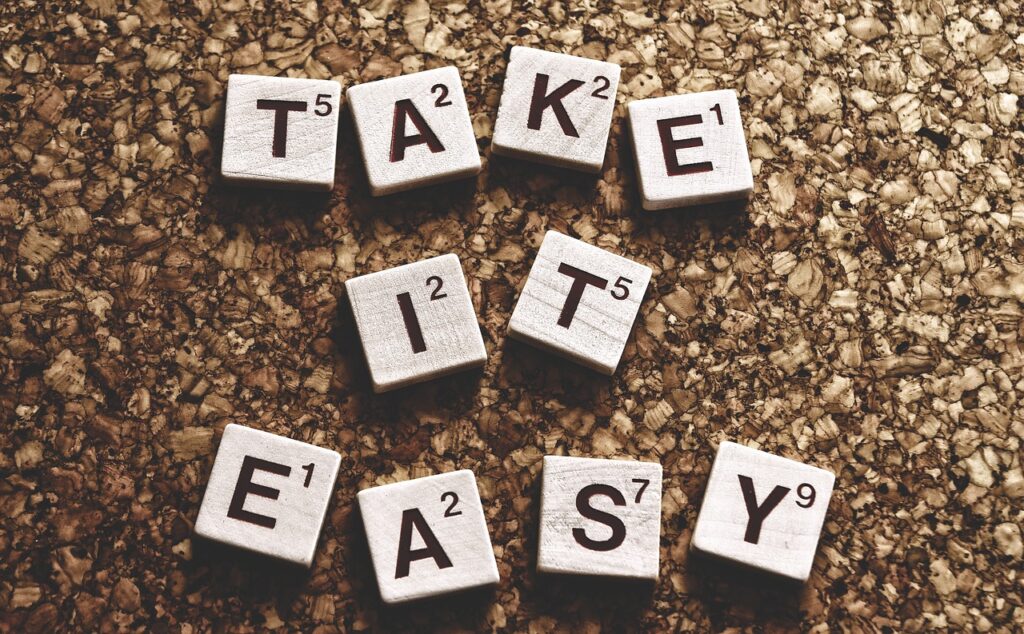For those who wonder just how they tick, self-reflection and introspection might be the very keys you’re looking for to unlock the secrets of who you are and why you are the way you are.
Self-reflection is the ability to witness and evaluate our own cognitive, emotional, and behavioural processes. Self-reflection builds self-awareness but only through intention and dedication.
Similarly, introspection is the examination or observation of one’s own mental and emotional processes. Quiet introspection can be extremely valuable, as it is important to be able to identify what is going well in our life, and develop insight into what isn’t working out for us.
Examples of ways to engage in self-reflection include: journaling, talking with friends, practicing mindfulness, creative expression, and spending time alone. The idea is to get at the inner workings of your mind. Any activity you do which can foster that expression can be considered self-reflective.


Some great ways to start:
1. Asking the hard questions – What do you want to know about yourself? Are there specific questions, or is it just a general check in of where you’re at and what you might work on?
2. Journal! – Putting it on paper is a great way to make your thoughts concrete. It also means you can look at how far you’ve come by reading previous entries.
3. Gratitude – A good way to start is to list the things you are grateful for – you can start by listing 3 things that made you happy during your day, and then move outward, your week, month or even year?
4. Mindfulness and meditation – Meditation can take discipline, but it’s a lovely way to let the thoughts flow in. Focus on your breathing, calm your mind, and then take notes of what bubbles up for you.
5. Talk it out – Talking your thoughts into the magic of words, speaking out loud to yourself can be helpful here. It turns a thought into a much clearer understanding when you have to articulate it clearly. It can help you organize them better, especially if they are something you want to share with others.
6. Mindful movement – Take a walk, or a long sit out in nature. This can be a good way to get you out of a funk and your thoughts flowing. It has a general grounding effect, and can remove the distractions of your daily life, allowing your thoughts to become more clear.
7. Setting a goal – This whole process can lead to SMART goal setting. Once you know where you’re at, what’s working and what isn’t, you can start to draw a better map of how to get from here to your goals.

Another way is to look online for lists, questions, etc, some I came across:
https://positivepsychology.com/introspection-self-reflection/
Some highlights from the above list:
What worries me most about the future?
What small act of kindness was I once shown that I will never forget?
What’s the one thing I’d like others to remember about me at the end of my life?
Check-ins are a good way to keep that awareness going – pause, check in with yourself around emotions right in the moment, ask yourself what you need to match that emotion, to journal, to take more time, to call a friend, what will answer the need. Do the thing, and then .. restart!
“If you aren’t asking yourself “How am I doing?” on multiple fronts how do you know you are going in the right direction, or even what the right direction is?”
Sometimes going it alone can be scary. If you’d like a hand at delving deeper into who you are and what makes you the way you are, reach out for a free 30 minute discovery call and lets see if we’re a good fit. I’d love the opportunity to help you see all the abundant ways you’re already doing it!
Subscribe to get the latest posts sent to your email.
Copyright © 2024 by Rev. Stephen B Henry PhD.
All rights reserved.
Another Website by Ultimate Virtual Solutions
Design • Content • SEO